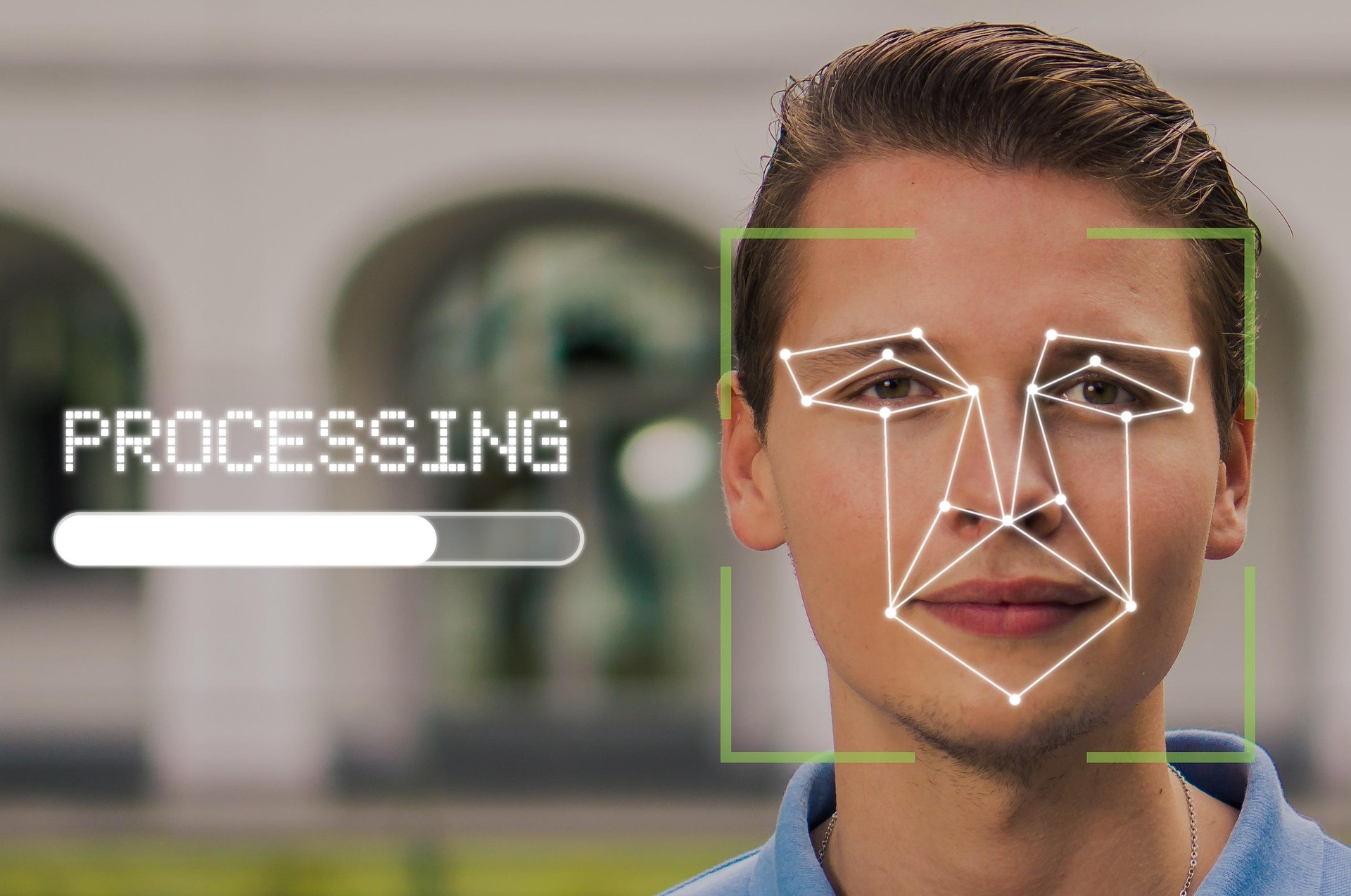If you are using a reliable VPN (virtual private network), there will not be significant changes in internet speeds. However, you may notice some slowdown in the connection sometimes. But it would be so small that it does not impact your overall internet activity. Rather, a VPN can improve your internet speed in some situations. Read on to find out more about VPN and their impact on internet speed.

Does VPN reduce internet speeds?
When you use a VPN, it can increase latency and slow down your internet traffic. This is because the internet connection moves via the VPN server. However, other factors impact internet speed when using a VPN. These might include the location of the server, current load of the server, quality of encryption, and the connection speed of your ISP. Let’s discuss how these factors impact your experience when online.
-
Location of the server
If the distance between the VPN server and your device is short, the internet speed will be fast. For example, consider that you are using a VPN whose server is in Australia while you are in the UK. Now, the data packet will need some time to travel because of the substantial distance.
It is wise to choose VPN servers in your neighboring countries. If there is a special requirement, you can use a distant VPN server location. When you use a VPN and its server is located in your region, you can enjoy good internet speeds. For reduced VPN latency, look for a service provider that has a wide network coverage with numerous servers. A reliable VPN provider like NordVPN has 7400 servers in about 118 countries.
-
Current load of the server
When a server has too many users, VPN connection speeds decrease. Moreover, issues relating to overload are common with slow, free VPN providers because they overcrowd servers. These VPNs attract users through their ‘free’ services. On the other hand, premium VPN services have extensive servers that rarely experience latency. As such, users can rely on their services without worries.
-
Encryption quality
One of the important features of a VPN is encryption. That way, hackers cannot access online traffic, allowing users to browse privately. It depends on the service provider how they handle encryption. Sometimes, poor maintenance can result in disruption and network latency.
AES (Advanced Encryption Standard) is used as the most recent encryption standard. AES may have a 256-bit, 192-bit, or 128-bit encryption strength. With a higher encryption level, your data is safe.
It is good to opt for the strongest AES when choosing a VPN. No wonder, the privacy and security of the strongest encryption type is the best. But it can produce low internet speeds and latency.
Therefore, choosing the right AES depends on your preferences. Whether you are looking for increased speed or you want to protect your data from hackers. NordVPN comes with next-gen AES-256 encryption, which is integrated into the OpenVPN security protocol, offers a robust data protection feature.
-
Internet speed provided by ISPs
A VPN is not always to blame for slow internet speed. Sometimes, ISPs throttle bandwidth intentionally. This results in sluggish speed. It may impact your online experience and disrupt activities such as downloading or streaming content.
A VPN is the right solution in this scenario. It routes your internet connection via the VPN server. As such, it allows you to bypass speed limitations or specific content imposed by your internet service provider. When you combine VPN with the tips mentioned above, it can increase your internet bandwidth.
Can a VPN Make Your Internet Faster?
A VPN can improve your internet speed under certain circumstances. Sometimes, ISPs limit bandwidth to artificially slow down the connection. It releases pressure to make the broad network work efficiently. However, VPNs can bypass bandwidth throttling to make your internet speed a bit faster.
When you use a VPN, your internet service provider cannot monitor your activity and impose bandwidth throttling. If the ISP targets the whole network, using a VPN might not be of much help. Still, a VPN can stop throttling if the ISP specifically targets your connection.
Useful tips on how to speed up your VPN
Consider trying these tips if you find your internet connection running at slow speeds.
-
Check internet connection
Your VPN might not be the culprit if you are experiencing a slow internet connection. Check the connection with the VPN activated. Perform the test another time with the VPN deactivated. This will point out the difference in performance. You will know if the VPN is responsible for the slow connection. If not, you may consider upgrading a specific hardware or your data plan.
-
Adjust your VPN’s protocol settings
Certain VPNs include features and security settings that can impact their speed. If your VPN allows you to switch to another protocol, try using it. For instance, UDP (User Datagram Protocol) can make the internet connection fast. However, there could be connection instability. You can choose TCP (Transmission Control Protocol) if you want a slow yet stable internet connection.
You can use any one of these protocols depending on your requirement. Or, you can switch between them simultaneously based on your activity. Remember that a fast or a slow connection is a matter of perspective. You may not notice the difference unless you push the extent of your internet connection.
-
Tinker with your VPN’s encryption level
Based on your VPN, platform, and device, you can change the encryption type you are using. However, before experimenting with protocols, understand how they work and the associated risks. If you are using NordVPN, choose the NordLynx and OpenVPN protocols for improved security.
-
Change server location
Whenever you choose a distant VPN server location from your native location, the internet speed will experience a slowdown. This is because the information has to cover long distances, significantly reducing the internet speed. If you connect to a server located close to you, it may increase the VPN’s speed.
-
Restart your modem/router
This is a pretty straightforward tip. Sometimes, your modem or router might work slowly because of issues like memory leaks, etc. In that case, simply restarting the device might be helpful. Keep in mind that using a VPN on your router is usually slower than connecting directly from your device. If your router has the VPN installed on it and the connection is slow, consider using the VPN directly on your phone or computer. It is unwise to use both of them simultaneously because it will result in a slow connection.
-
Go for wired connections
Although using Wi-Fi seems appealing, it can slow down internet speeds. Especially if multiple devices are on the common network. A wireless connection uses a shared channel for data transmission to several phones and computers. This results in slowing down the overall internet speed. The best way to improve speed is to use a wired connection. This ensures faster connectivity.
-
Deactivate your security software and firewall
Antivirus software and firewalls can slow down your VPN by filtering outgoing data. But if you deactivate these tools temporarily, you can notice a significant improvement in connection speed. However, there is a risk associated with it. It is better to lose some amount of speed instead of exposing your data when you deactivate antivirus, firewalls, and VPN.
-
Reboot your devices
The everyday tasks that your smartphone and computer do make them tired. Hence, allow them to start fresh by turning the device off and on. It is a common trick that can speed up the VPN.
-
Never use free VPN services
Although tempting, free VPNs can cost you in different ways. A free VPN service may sell your data as a means to generate revenue. Additionally, they will provide you with poor security, less stability, and slow speed.
On the other hand, a premium and reliable VPN has proper networks and strong encryption protocols. It delivers the best user experience. The business model of premium VPNs depends on customer satisfaction, making them more committed to ensuring security and privacy.
Hopefully, the tricks mentioned above should help you with a faster VPN connection. Try these tips and find out which one works wonders for you.
Can a VPN Eliminate Buffering?
Oftentimes, ISP throttling results in buffering problems. If your ISP detects heavy streaming or high bandwidth usage, it might slow down your connection. A VPN hides your online activity from your ISP. Therefore, it cannot throttle your speed. And, so you will experience fewer buffering problems.
VPNs provide both fast performance and strong security
When it comes to latency and performance, the location of the server plays a critical role. If you are using the VPN to browse website content, you may notice almost zero latency. But if you are using the VPN for watching video content, you can use different ways to make the streaming faster. In that case, you may opt for special servers designed for streaming securely.
Moreover, a VPN does not increase your data consumption significantly. It depends on the protocol and provider used. In general, the usage tends to increase by 5 to 10% because of encryption. Your VPN speed depends on the speed of your internet connection. A speed reduction of about 10 to 20% is normal when using a VPN. This is because VPNs prioritize privacy and security.
You can download NordVPN today to find out how fast it is. To take advantage of the best deal, use the NordVPN coupon.
FAQs
-
What is considered a good internet speed?
The tasks that you perform when connected to the internet reflect your ideal internet speed. For a regular home user, a 25 to 30 Mbps internet speed is perfect. But it varies from user to user.
Consider the amount of internet consumption when several devices connect in your household. What will be the number of online users? Sending emails does not consume a large amount of bandwidth. However, streaming video content or gaming demands a more specific and higher internet speed.
-
Which Country Boasts the Fastest Internet?
In 2023, cable.co.uk conducted tests to determine the regions or countries with the fastest internet connections in the world. Here is the list.
- Channel Island of Jersey with internet speed of 264.52 Mbps
- Liechtenstein with internet speed of 246.76 Mbps
- Macau with internet speed of 231.40 Mbps
- Iceland with internet speed of 229.35 Mbps
- Gibraltar with internet speed of 206.27 Mbps
-
How do I check my VPN speed?
If checking your VPN speed seems overwhelming, check out these steps.
- Deactivate the VPN first and go to net to run a connection speed test. It will connect you to a default server provided by the website. Next, record your download and upload speeds.
- Now activate the VPN and open the same site you used to test the connection speed with the VPN deactivated. Running the test will give you an insight into the speed of your VPN connection.
-
Does a free VPN make your internet speed slow?
There is no doubt that free VPNs will slow down the speed of your internet. A free VPN is likely to have a small number of servers. Besides, the high traffic overcrowds these servers. Also, it takes a considerable amount of time for data encryption. Lastly, the ads that pop up eat up the speed. All these things make the overall internet speed of a free VPN slow.
-
Does a VPN impact your gaming speed?
It is likely that your gaming speed might be a bit down when you are using a VPN. This is because the data travels via the VPN server. Still, it is a small price you pay for your privacy and security. VPNs keep the connection safe and prevent DDoS attacks. If you are looking for a reliable VPN for gaming, consider using NordVPN. It allows you to play games smoothly and securely even if the traffic is high.




